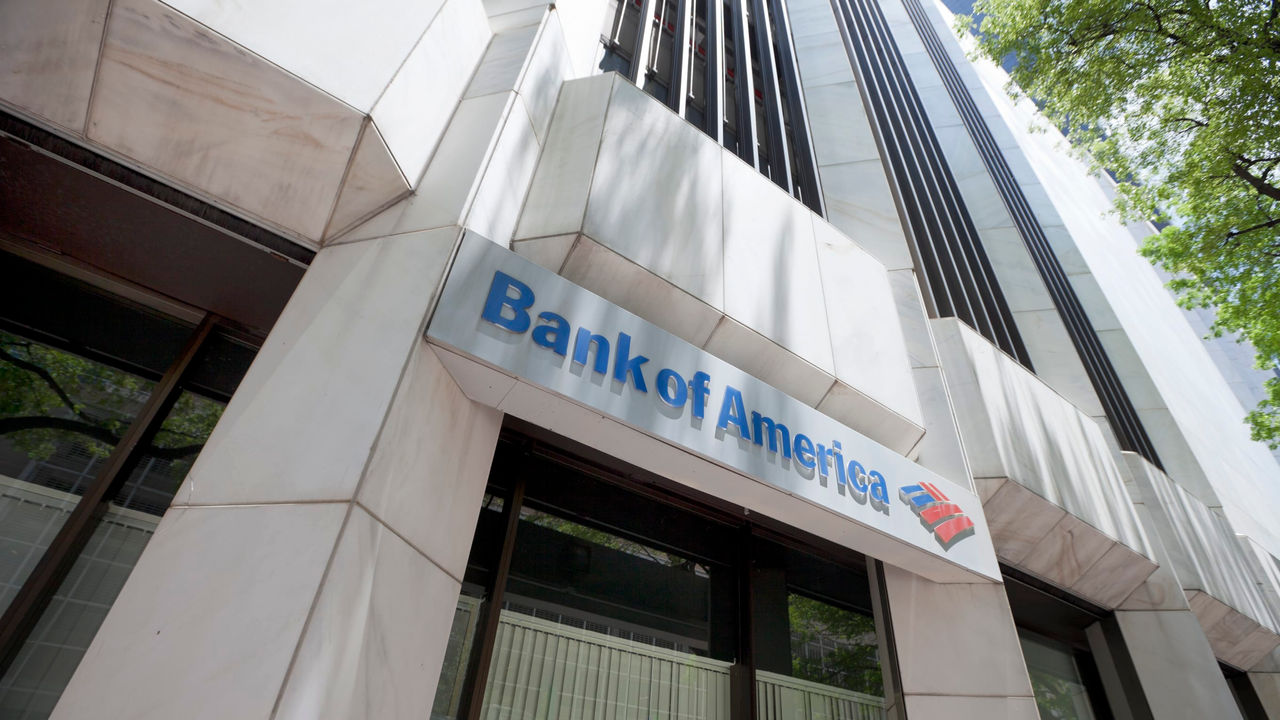Amid conversations about high cost of living and heightened employee expectations, another major employer is making compensation changes.
Bank of America is increasing the minimum wage for its U.S. employees to $23 an hour, up from $22 an hour, starting in October. That will boost the minimum annualized salary for full-time employees to nearly $48,000, according to the company.
The pay boost is part of the Charlotte, N.C.-based financial firm's goal to raise hourly pay to $25 by 2025. Bank of America has steadily boosted pay over the past six years, raising its minimum hourly wage to $15 in 2017, to $17 in 2019, to $20 in 2020, to $21 in 2021 and to $22 in May 2022. The wage hikes apply to both part-time and full-time employees.
Bank of America CHRO Sheri Bronstein said the move is a way to attract and retain talent as well as position the company as a top employer.
"Providing a competitive minimum rate of pay is foundational to being a great place to work," she said in a statement. "By investing in a variety of benefits to attract and develop talented teammates, we are investing in the long-term success of our employees, customers and communities."
The company's minimum wage is significantly higher the federal minimum wage: The federal minimum wage, which has not been raised since July 2009, sits at $7.25 per hour. However, multiple states and cities have raised their minimum wages, with 30 states and the District of Columbia having set wages higher than the federal minimum wage. California, for instance, just announced a $16 hourly minimum wage for all employers, effective Jan. 1, 2024.
Raising the federal minimum wage has become a hot topic, with opponents arguing the move will harm businesses by creating hardships or making them less competitive. But a recent report found that the vast majority of employers are in support of a hike after all. A survey from Payscale, a Seattle-based compensation software firm, found that 75 percent of HR leaders and compensation professionals think the federal minimum wage should be increased, with 66 percent thinking a hike should happen automatically every year.
A big reason for employer support for a federal minimum wage hike is retention concerns, said Lulu Seikaly, senior employment counsel at Payscale.
"Employers understand the importance of a living wage and that the rising cost of living greatly impacts their ability to attract and retain quality workers," she told SHRM Online in August. While inflation has eased in recent months, the cost of living is still higher than it was, she said, which is a "concern for companies of all sizes employing low-wage workers."
Latest Company to Adjust Pay
The Bank of America wage news is the latest in a string of pay announcements from employers. Amazon announced this month that it is bumping its average hourly pay for warehouse and delivery workers, with those roles now averaging about $20.50 per hour and some locations offering as much as $28 per hour. Food company Chobani recently boosted its minimum starting wage for all full-time employees in manufacturing and corporate hourly positions to $20 per hour, from $18.50.
And President Joe Biden is planning an average 5.2 percent raise for most of the civilian federal workforce. The across-the-board pay increase will be 4.7 percent, and locality pay increases will average an additional 0.5 percent. That's a significant announcement as there are roughly 2 million federal employees.
But some companies are looking to manage costs, especially in light of inflation, which has cooled since reaching a 40-year peak last year. Walmart, the nation's largest private employer, has lowered starting pay for new hires who prepare online orders for curbside pickup or delivery to customer's homes, as well as for workers who restock store shelves, according to reports. The change began in July, with new Walmart employees making about $1 an hour less than those who joined the company a few months earlier.
Overall, employers have boosted pay fairly aggressively in the past couple years, although it hasn't kept up with inflation. Research from WorldatWork found that salary increase budgets reached their highest level in 20 years in 2023. On average, employers raised salary budgets by 4.4 percent in 2023, with projected boosts for next year slipping a bit to an average increase of 4.1 percent.
An organization run by AI is not a futuristic concept. Such technology is already a part of many workplaces and will continue to shape the labor market and HR. Here's how employers and employees can successfully manage generative AI and other AI-powered systems.





